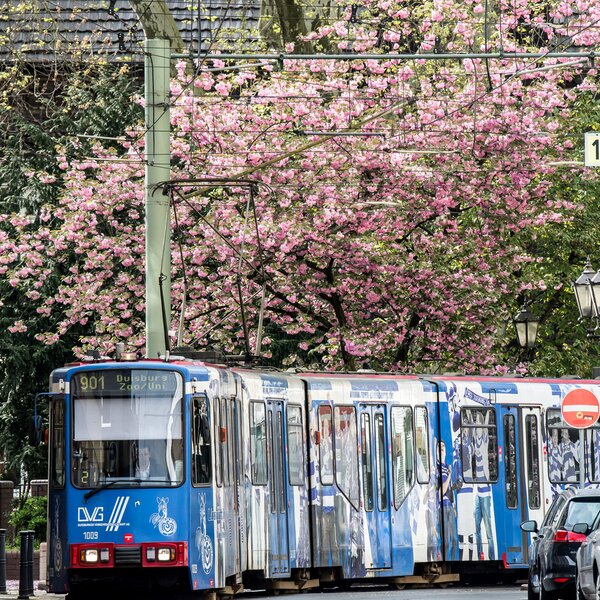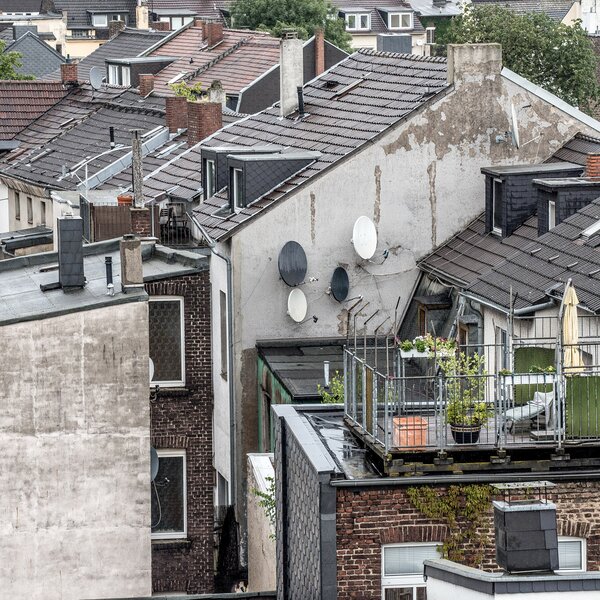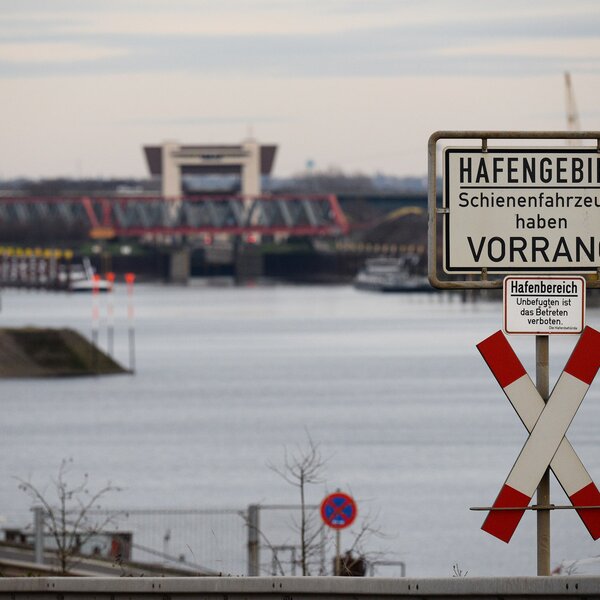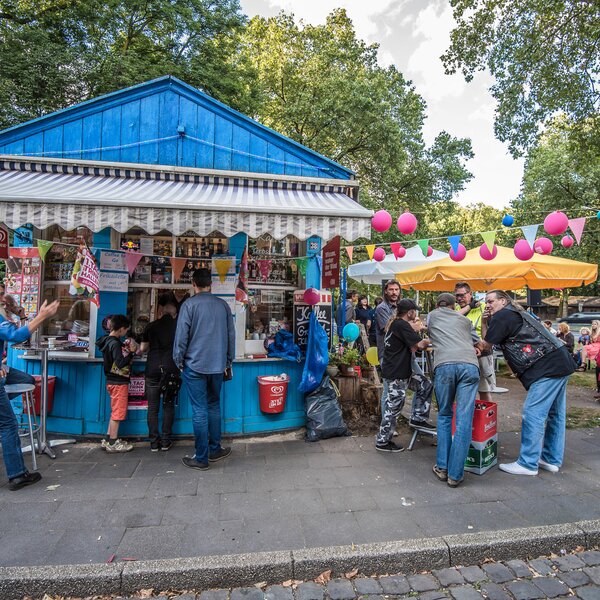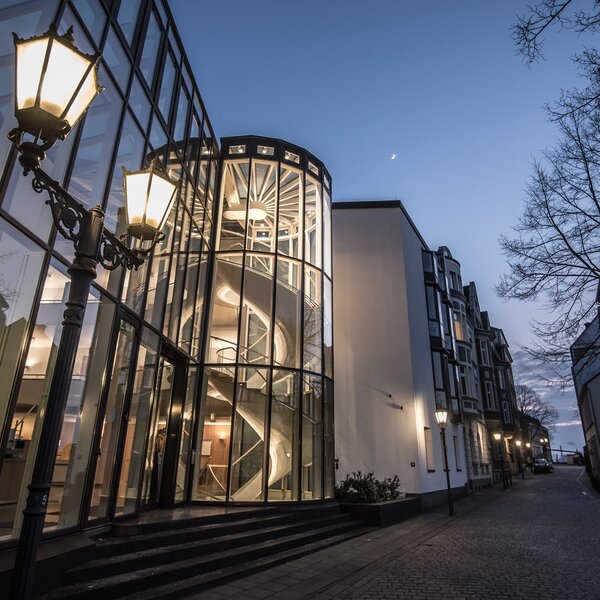Communication
Events to inform, involve and activate the various target groups, Neighborhood office as a point of contact with a showroom for Ruhrort residents, digital access to information and initiatives.
Educational concepts:
Developing concepts for education in sustainable development involves collaboration with early childhood centers, schools, and private educational providers. For instance, initiatives like Urban Zero-AG at schools integrate sustainability into the curriculum and promote the upkeep of green spaces.
Incentive systems and participation models:
Promotion and introduction of incentive systems to specifically activate sustainable behaviour as well as the design of innovative participation models for the Ruhrort population.
Accompanying research:
Cooperation with various universities and institutions, such as TU Berlin, Dortmund University of Applied Sciences and Arts, the University of Witten/Herdecke and Fraunhofer Umsicht.
